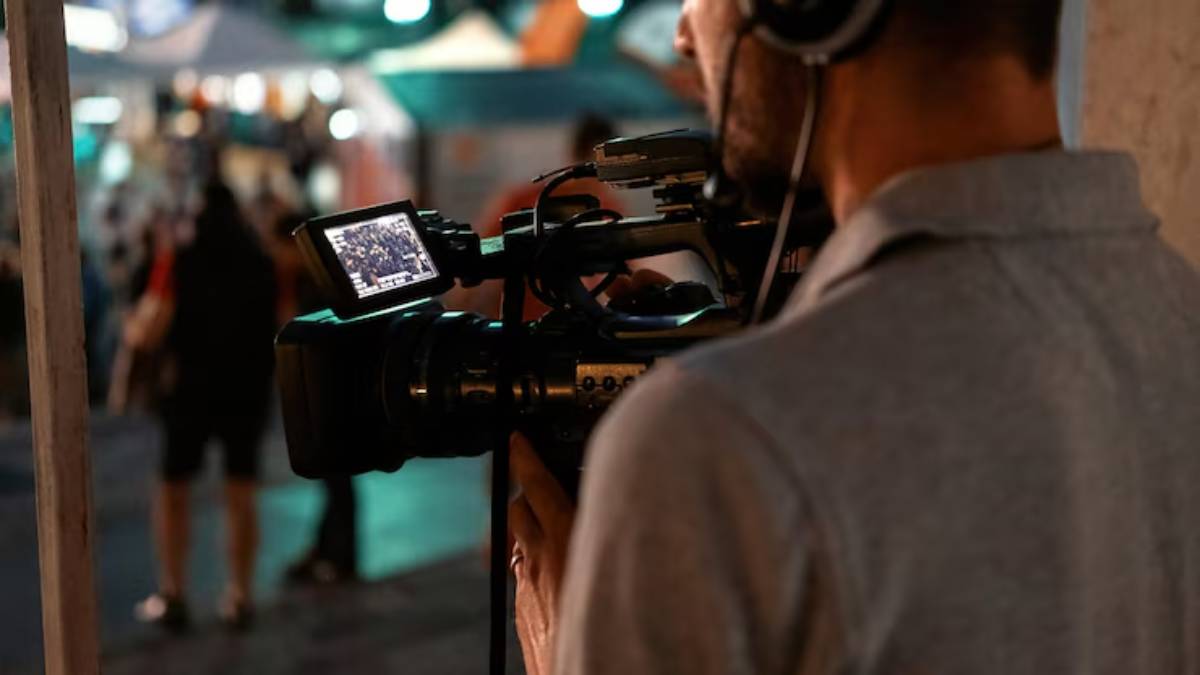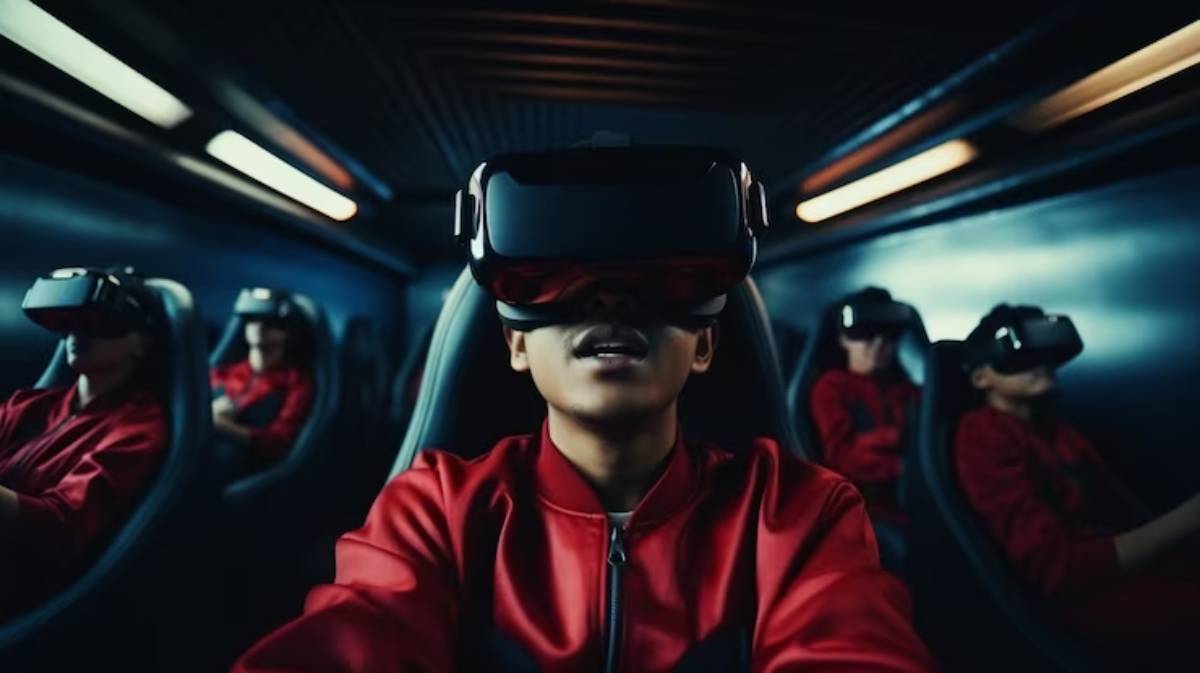
Working as an Esports Translator
Imagine you’re watching an intense League of Legends final, with a Korean team taking on a European powerhouse. The gameplay is explosive, the crowd is roaring, and the casters are delivering every strategic play with electrifying commentary. But what if you don’t speak Korean or English? That’s where esports translators come in—the unsung heroes bridging the linguistic gap and connecting millions of fans worldwide.
In a global industry like esports, translation is more than just swapping words between languages. It’s about conveying emotion, culture, nuance, and the fast-paced energy that defines competitive gaming. This article takes you behind the scenes of the esports translator career—what it entails, how to get started, and why it’s fast becoming one of the most vital esports language jobs in the industry.
By the end of this read, you’ll know what it takes to translate for tournaments, the challenges involved, and the rewarding moments that make this job so unique.
What Does an Esports Translator Actually Do?
More Than Just Words: The Scope of the Role
An esports translator wears many hats.
Depending on the event or organisation, they might:
- Translate live commentary in real time for different language broadcasts.
- Provide simultaneous interpretation during post-match interviews.
- Localise marketing materials, patch notes, or player bios.
- Assist teams by translating during scrims, meetings, and strategy discussions.
It’s not just about fluency. You need deep knowledge of game-specific terminology, a firm grasp on cultural context, and the ability to think on your feet.
Real-Time vs. Pre-Produced Translation
Live translation requires fast reflexes and nerves of steel. Whether you’re interpreting a caster’s rapid-fire commentary or a player’s emotional post-match response, you have to be accurate and quick.
Pre-produced content, like promotional videos or written guides, allows for more polish but still demands a deep understanding of both gaming culture and linguistic nuance.
Skills You Need to Succeed in an Esports Translator Career

1. Bilingual Proficiency (and Then Some)
Naturally, fluency in at least two languages is essential.
But you also need to:
- Understand slang, idioms, and esports lingo.
- Be comfortable switching between formal and informal registers.
- Adapt your tone depending on the audience and context.
2. Deep Gaming Knowledge
Being a casual gamer isn’t enough.
You need:
- Familiarity with multiple esports titles (LoL, Dota 2, Valorant, etc.).
- Understanding of roles, metas, patch cycles, and strategies.
- Awareness of major teams, leagues, and tournament structures.
3. Cultural Sensitivity
Translation isn’t just linguistic—it’s cultural. What might be funny or acceptable in one language could fall flat or offend in another.
4. Stress Management
Especially for live events, the job can be high pressure. Practising breathing techniques, warm-ups, and mock scenarios can help keep nerves at bay.
5. Communication and Collaboration
You often work alongside casters, producers, and editors. Being a team player is key to ensuring consistency and flow across content.
Get Started: Your Path to Translating for Tournaments

Step 1: Build Your Language and Gaming Foundation
Start by improving your fluency in your target languages. Read, watch, and listen to esports content in both languages.
Familiarise yourself with:
- Tournament formats
- Game mechanics
- Popular players and caster styles
Step 2: Practice with Community Content
Get involved in:
- Fan subtitling of match highlights
- Volunteering for grassroots tournaments
- Discord communities for amateur translators
This builds your portfolio and helps you connect with others in the space.
Step 3: Take Relevant Courses
While formal education isn’t mandatory, studying translation or linguistics can be a big plus.
You can also explore:
- Game localisation workshops
- Simultaneous interpretation classes
Step 4: Apply to Entry-Level Esports Language Jobs
Look for roles at:
- Esports organisations (like Riot Games or ESL)
- Broadcasting companies (Twitch, YouTube Gaming)
- Translation agencies with gaming clients
Sites like Hitmarker, Upwork, and LinkedIn regularly feature gigs in this field.
Related Read: How to Become an Esports Caster
Step 5: Keep Learning and Evolving
The esports industry changes rapidly.
Stay up-to-date by:
- Watching multilingual broadcasts
- Studying patch notes in multiple languages
- Practising real-time interpretation with VODs
Real-World Experiences: Voices from the Field

Interview Snippet: Mei, Chinese-English Tournament Interpreter
“During Worlds 2022, I had to interpret a post-game interview for a Korean player who had just pulled off a historic pentakill. He was emotional, and the crowd was going wild. Capturing his words while preserving that raw energy was incredibly challenging, but so rewarding.”
Anecdote: The Mid-Game Disconnect
At a regional Valorant event, a translator’s headset malfunctioned mid-game. With seconds to react, they borrowed a caster’s backup mic, improvised positioning, and continued interpreting with no script. Their quick thinking ensured the stream stayed live and accessible to thousands of Spanish-speaking fans.
Challenges Esports Translators Face
- Fast-paced speech: Casters speak rapidly, often with complex game terms.
- No second chances: Live interpretation means no rewinds.
- Slang and regional dialects: Translators must constantly update their vocabulary.
- Emotional accuracy: Beyond words, translators need to convey tone, urgency, humour, or frustration.
- Limited preparation time: Especially when matches run late or go to tie-breakers.
How Translators Add Value to the Esports Ecosystem
Global Accessibility
Thanks to translators, esports events become global experiences. Millions of fans from Brazil to Japan can follow along in their native language.
Team Communication
In multi-national rosters, translators help:
- Coaches relay strategy
- Players resolve conflict
- Teams bond beyond language
Content Localisation
Esports translators make:
- YouTube subtitles
- Social media posts
- Press releases
…all feel native to each target region.
Related Read: Subtitles vs Live Translators: What Works Best?
Career Outlook and Opportunities
Where Can You Work?
- Tournament organisers (ESL, DreamHack, LEC)
- Streaming platforms (Twitch, Huya)
- Esports teams (Fnatic, T1, G2)
- Agencies specialising in localisation
- Freelance gigs on Upwork or Fiverr
Salaries & Demand
Pay varies depending on experience, language, and event scale. A junior freelance translator might earn £20–£50/hour, while experienced interpreters for global tournaments can make upwards of £50,000/year.
Demand is growing rapidly, especially for:
- Korean <-> English
- Chinese <-> English
- Spanish <-> English
- Japanese <-> English
Tips to Stand Out as a Translator in the Esports Scene
- Specialise in a particular game or tournament region.
- Create a demo reel with samples of your interpretation.
- Attend esports conventions and network with event organisers.
- Offer free services for amateur events to build credibility.
- Stay humble and receptive to feedback.
Is an Esports Translator Career Right for You?
Becoming an esports translator isn’t just about knowing two languages. It’s about embracing the culture, tempo, and spirit of competitive gaming while delivering that essence across linguistic boundaries.
If you’re passionate about esports, fluent in multiple languages, and thrive under pressure, this could be your ideal career path. You’ll not only enable communication—you’ll empower connection across continents.
Ready to join the ranks of esports language experts? Start by immersing yourself in bilingual broadcasts, volunteering at local events, or polishing your real-time interpretation skills. The esports world needs more storytellers like you.


